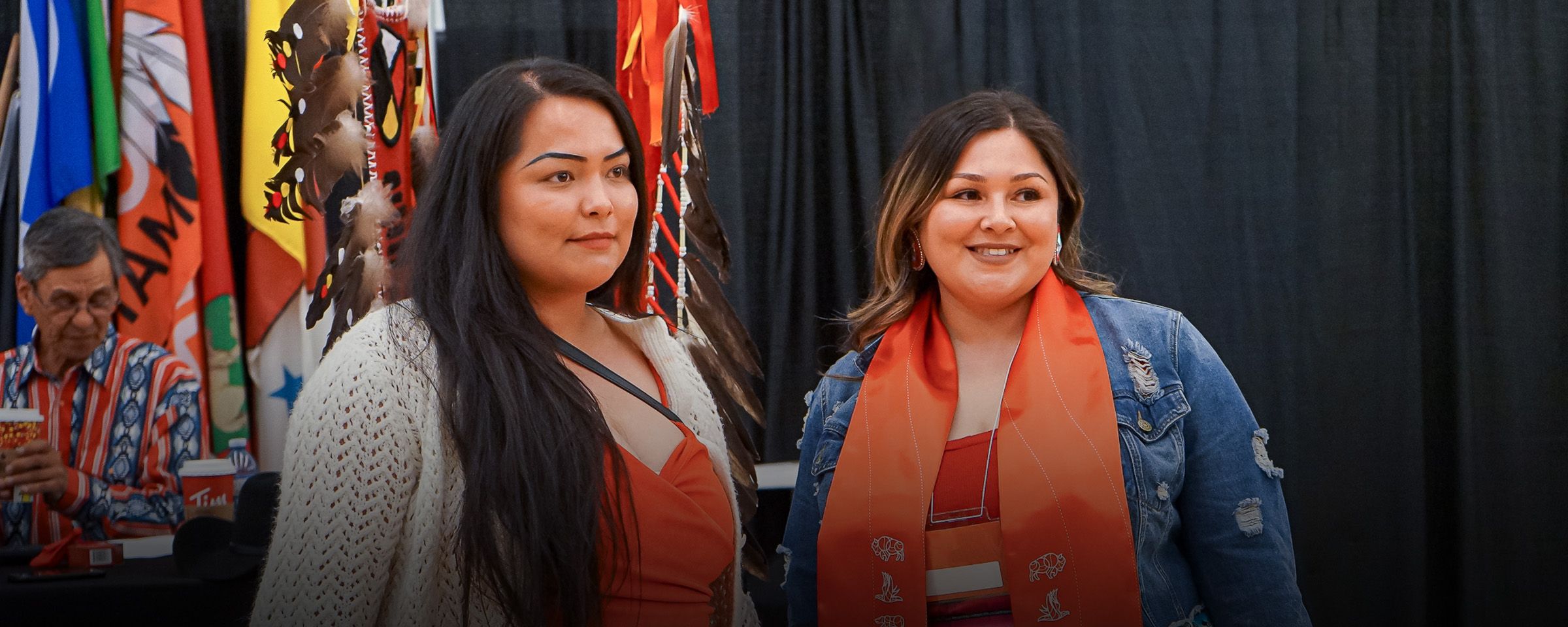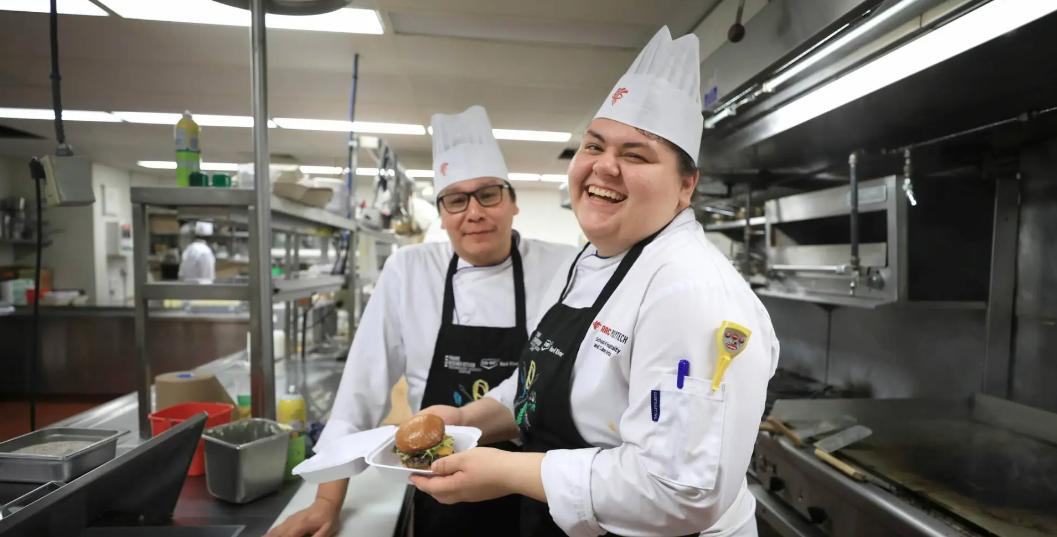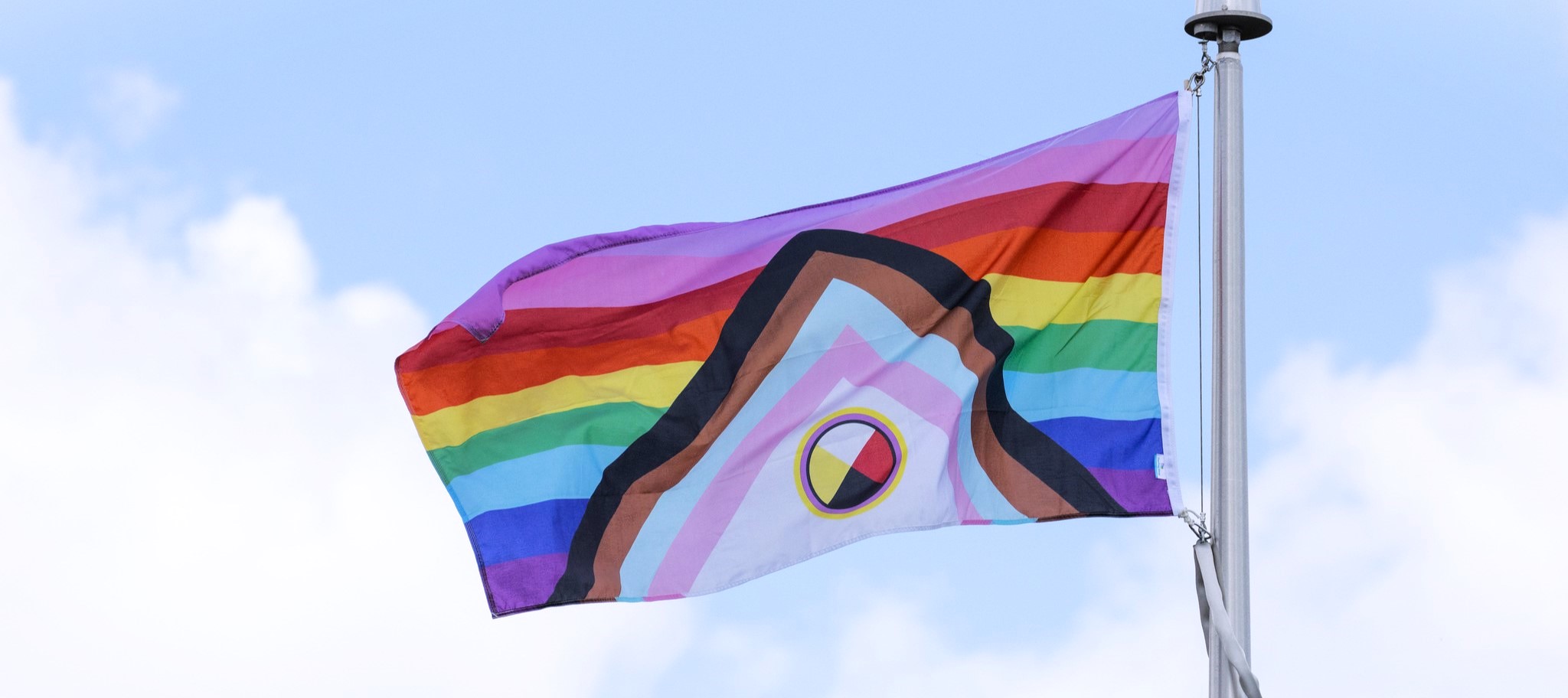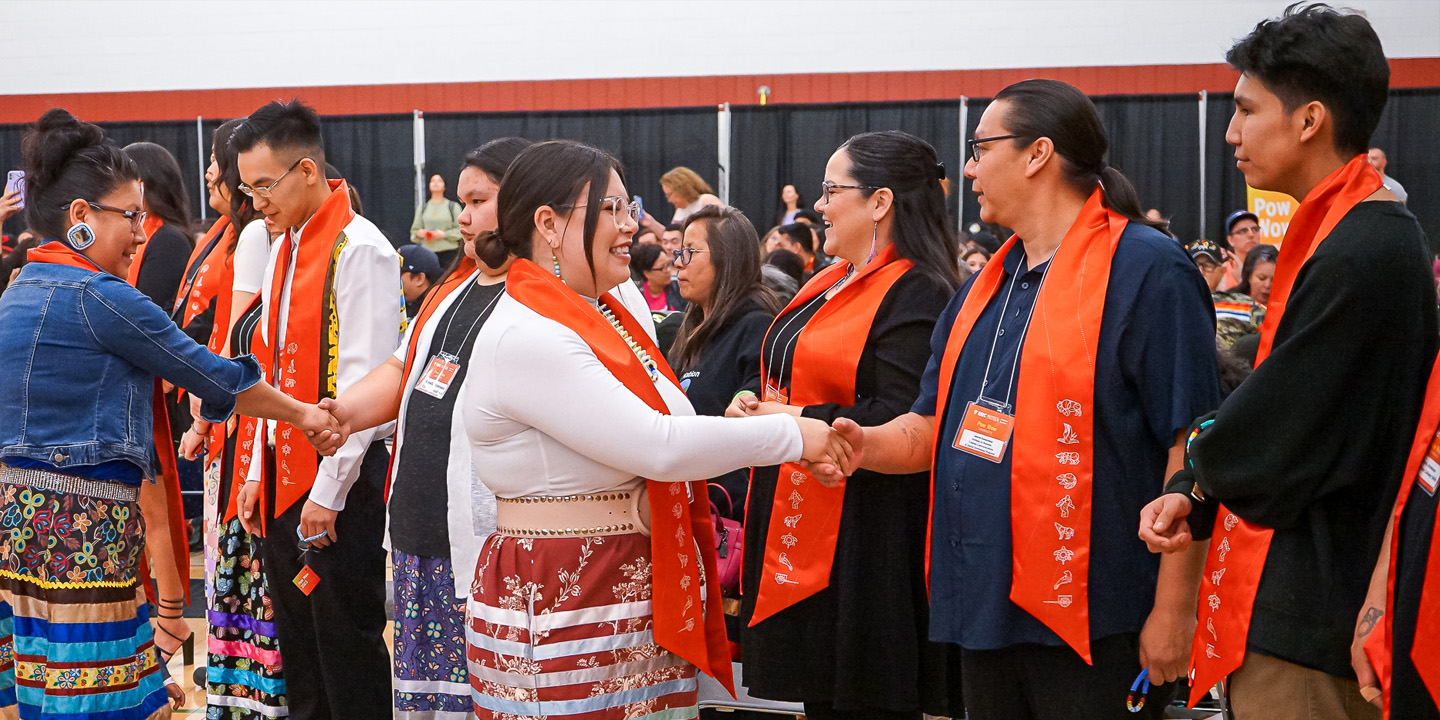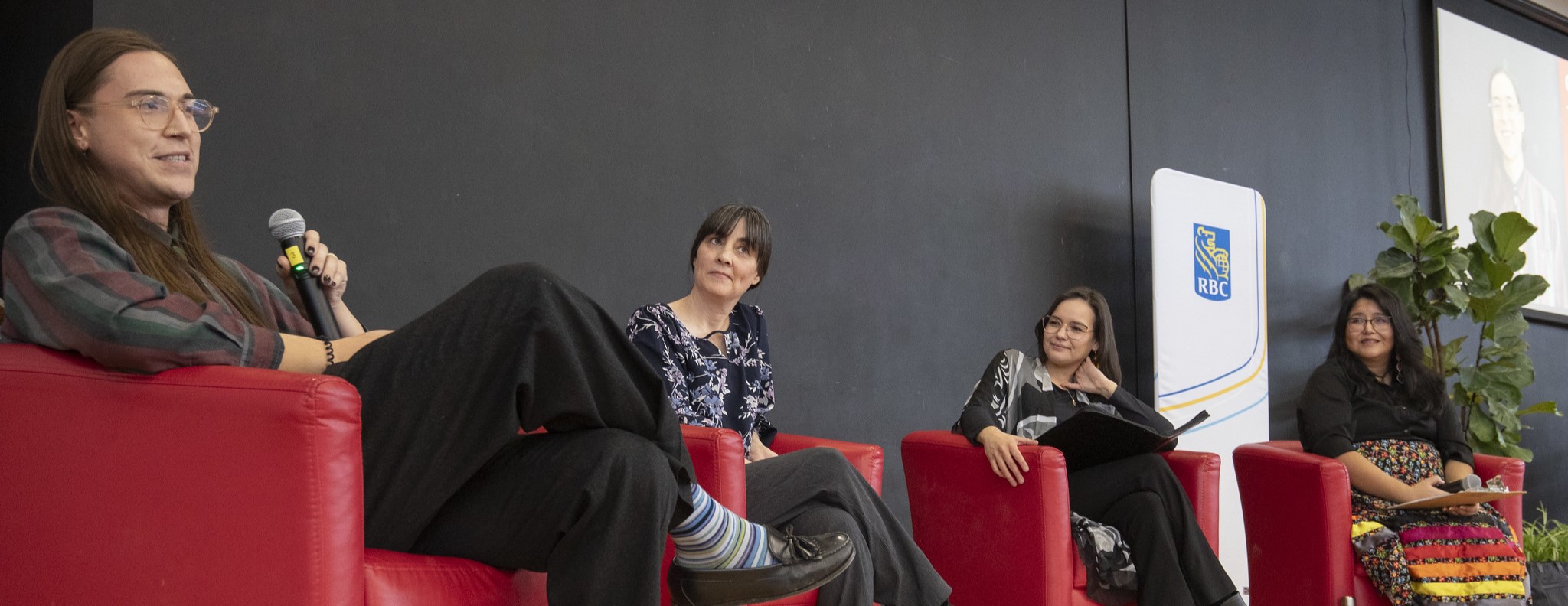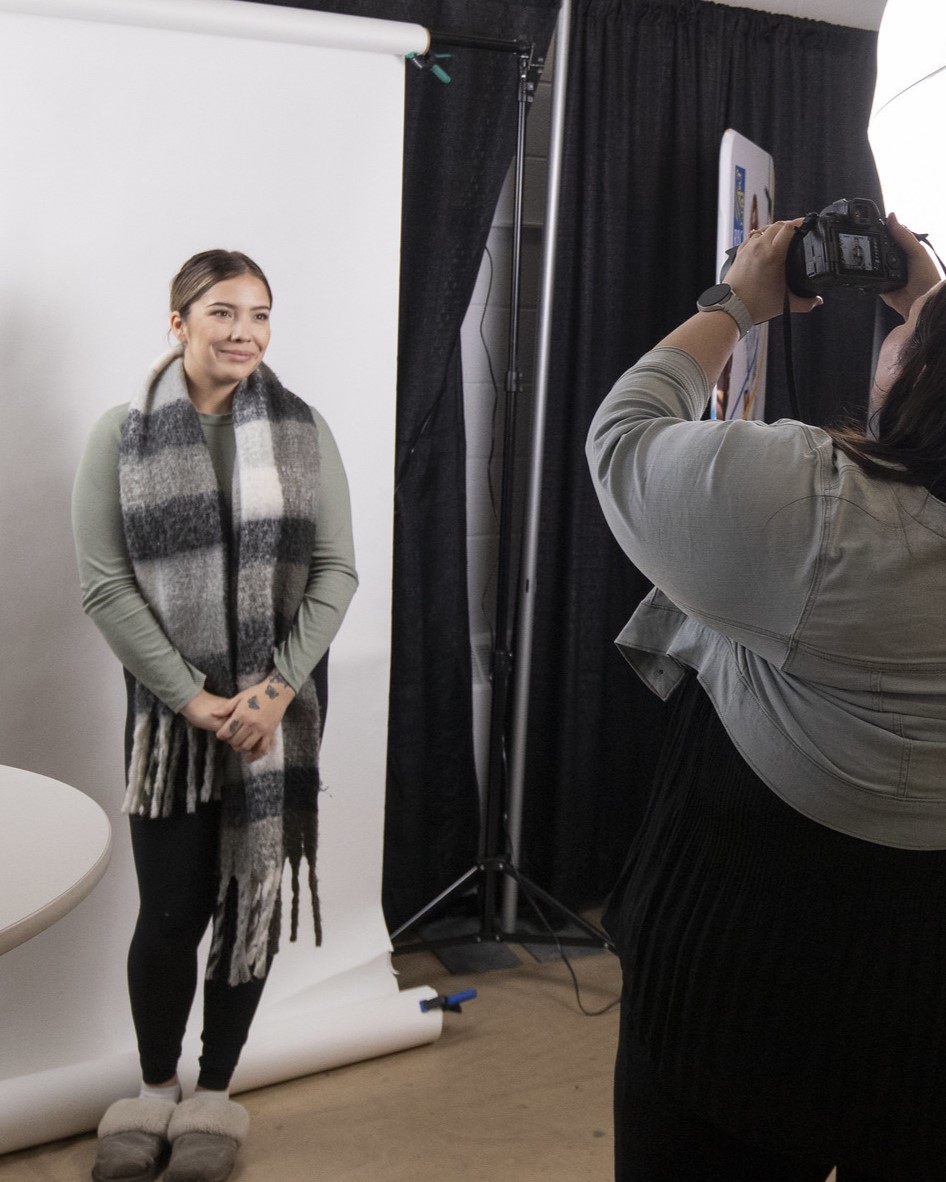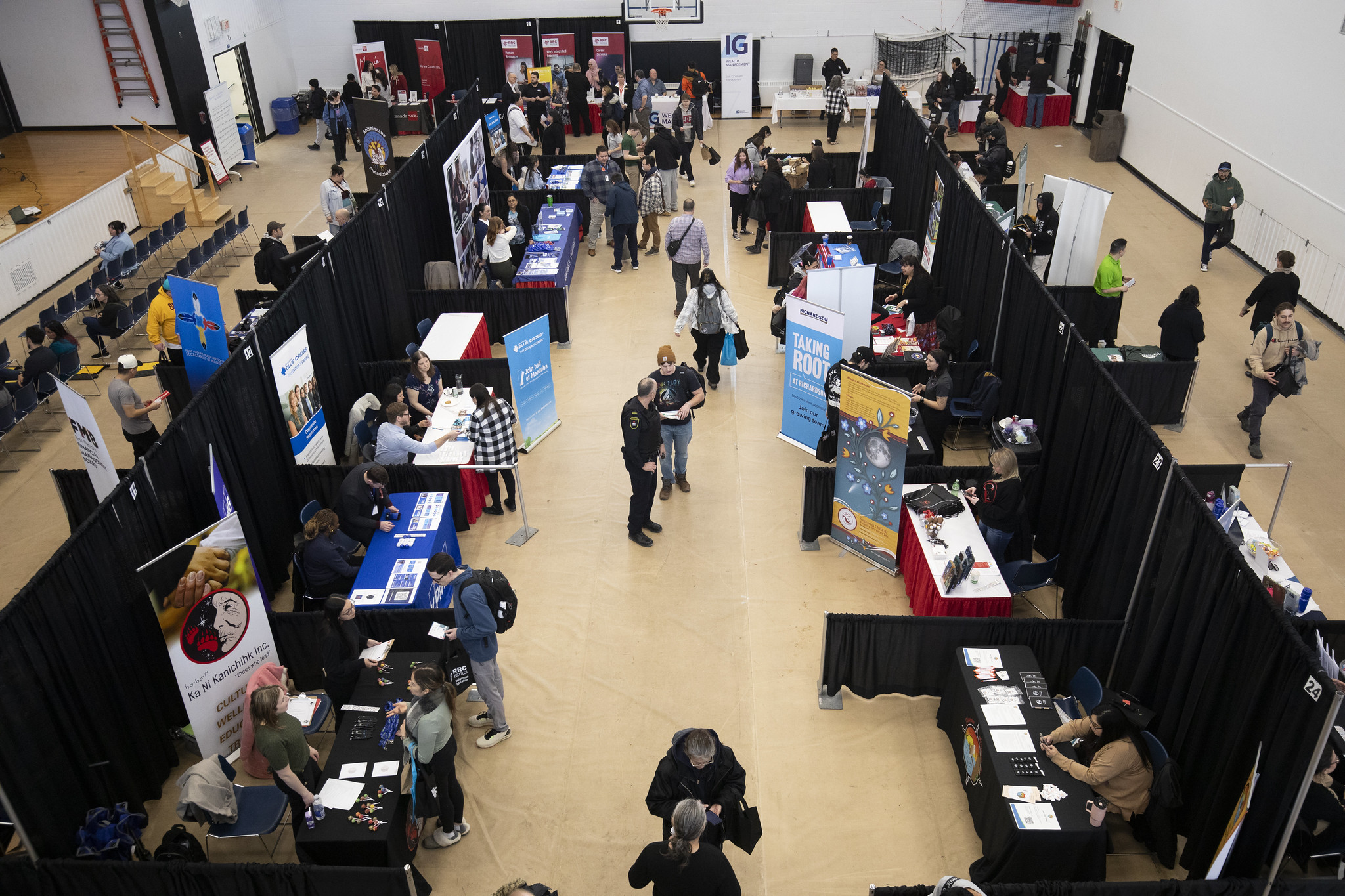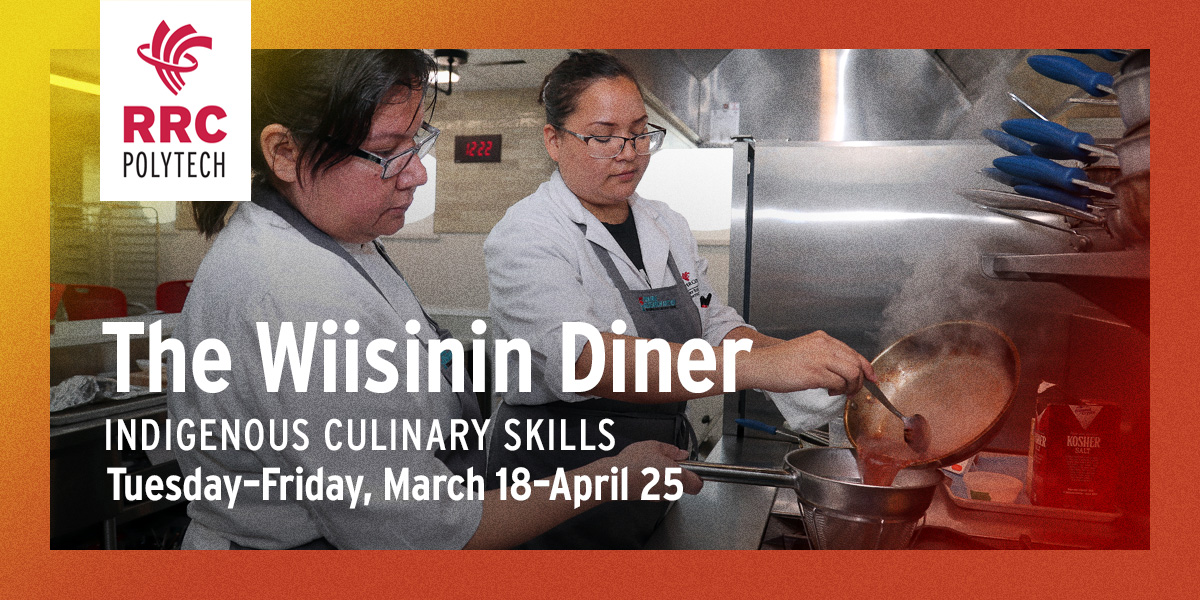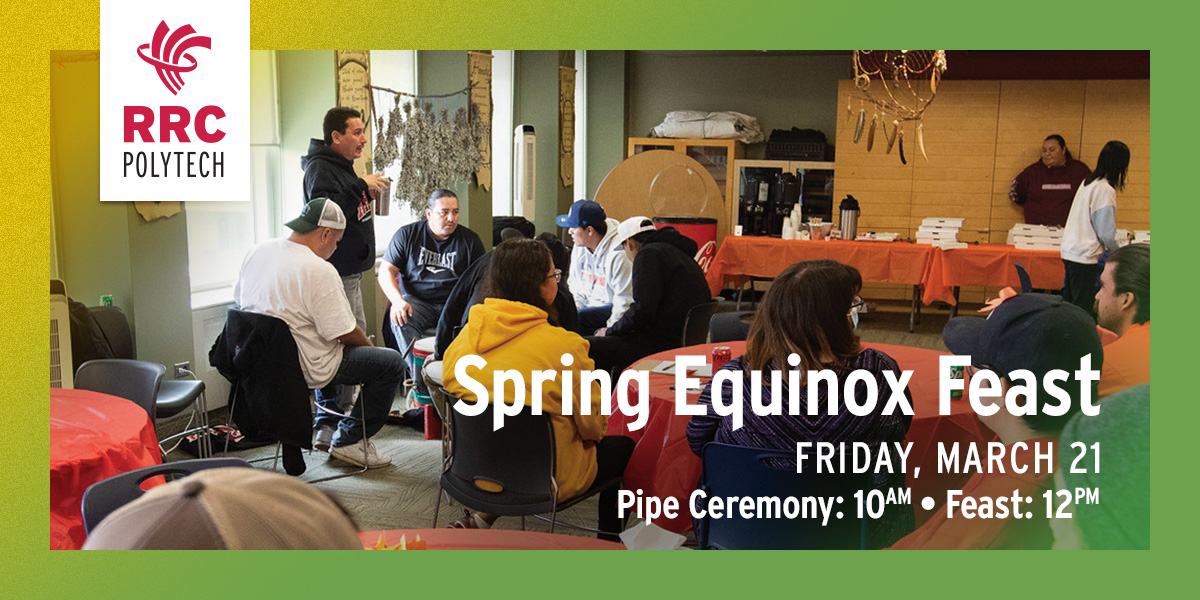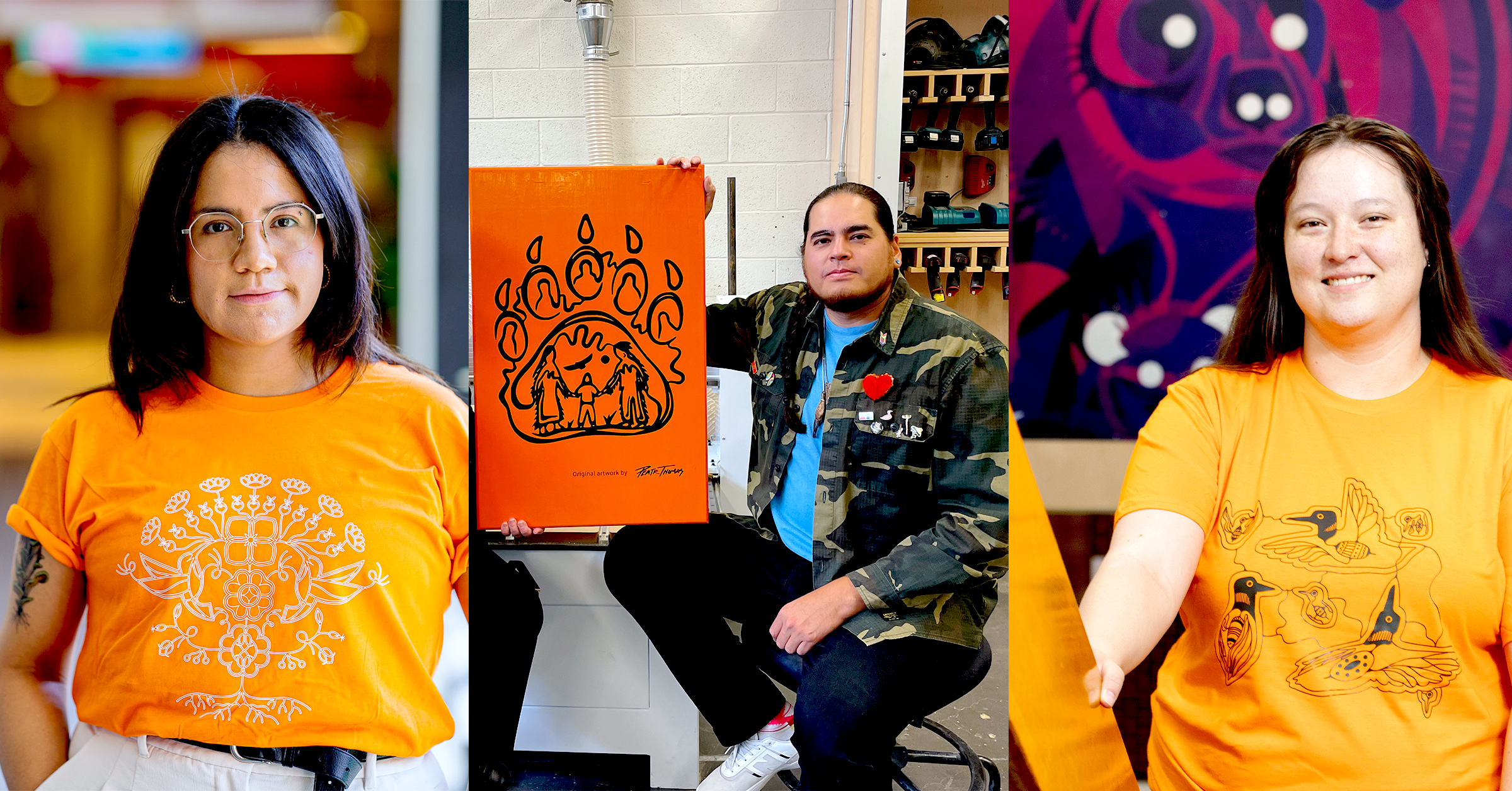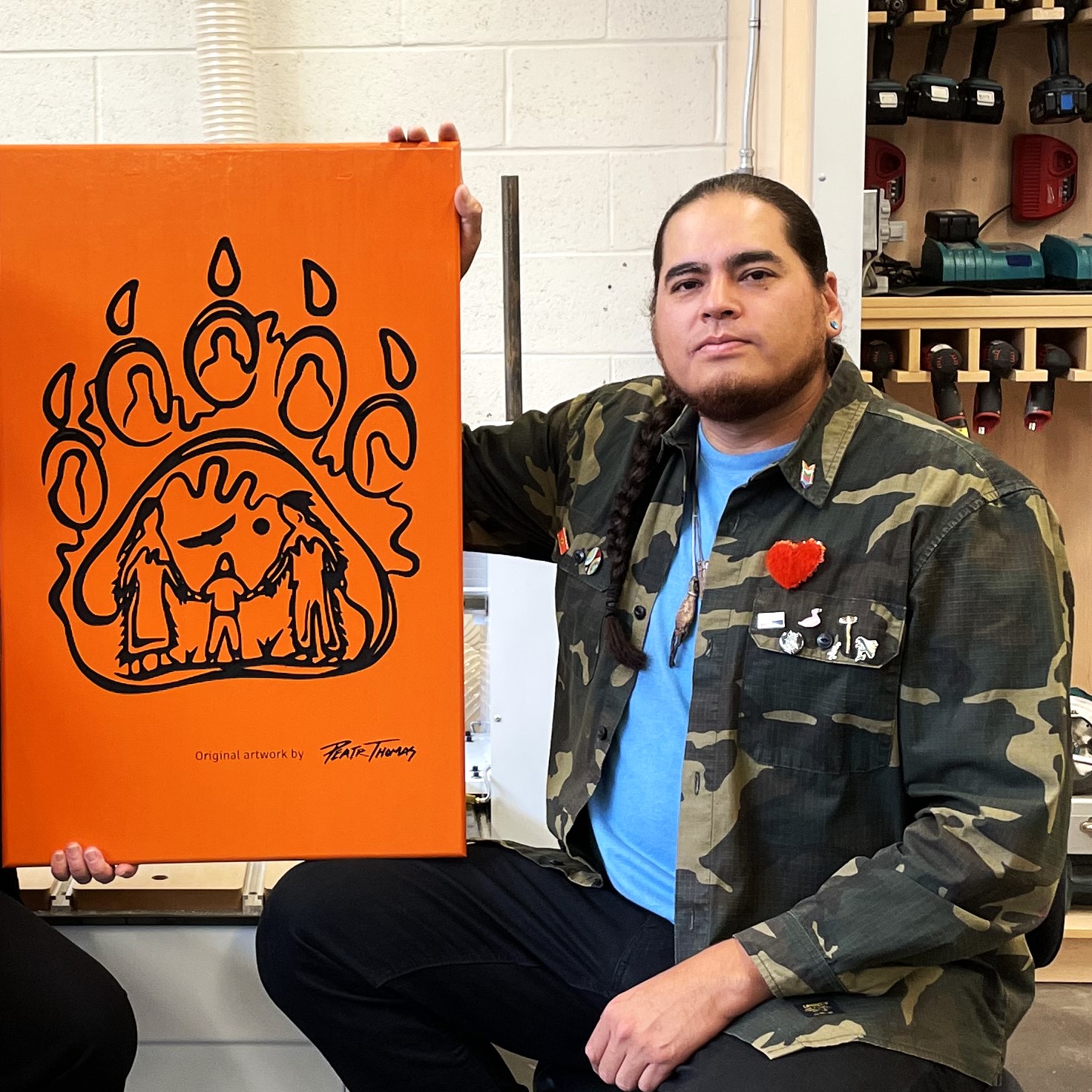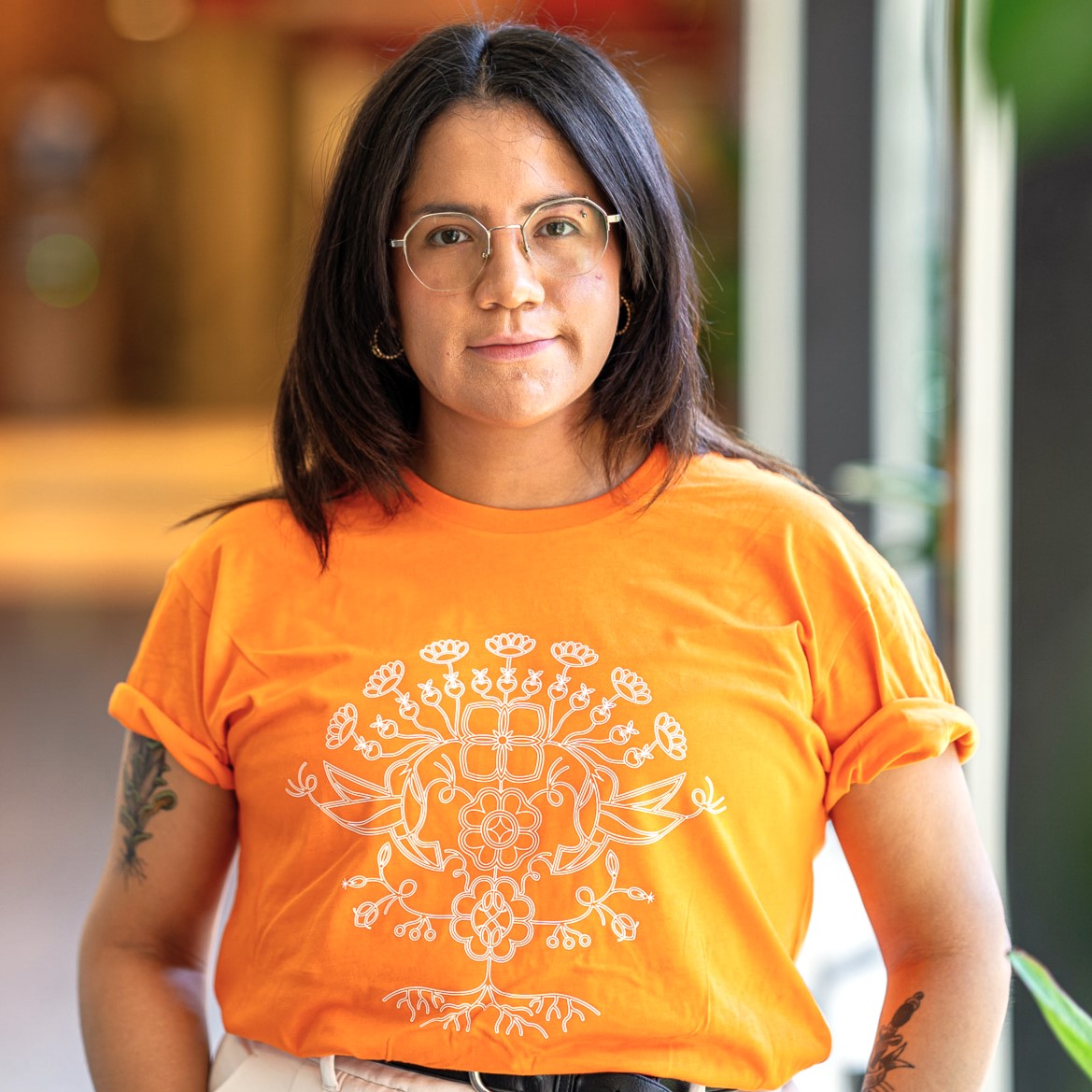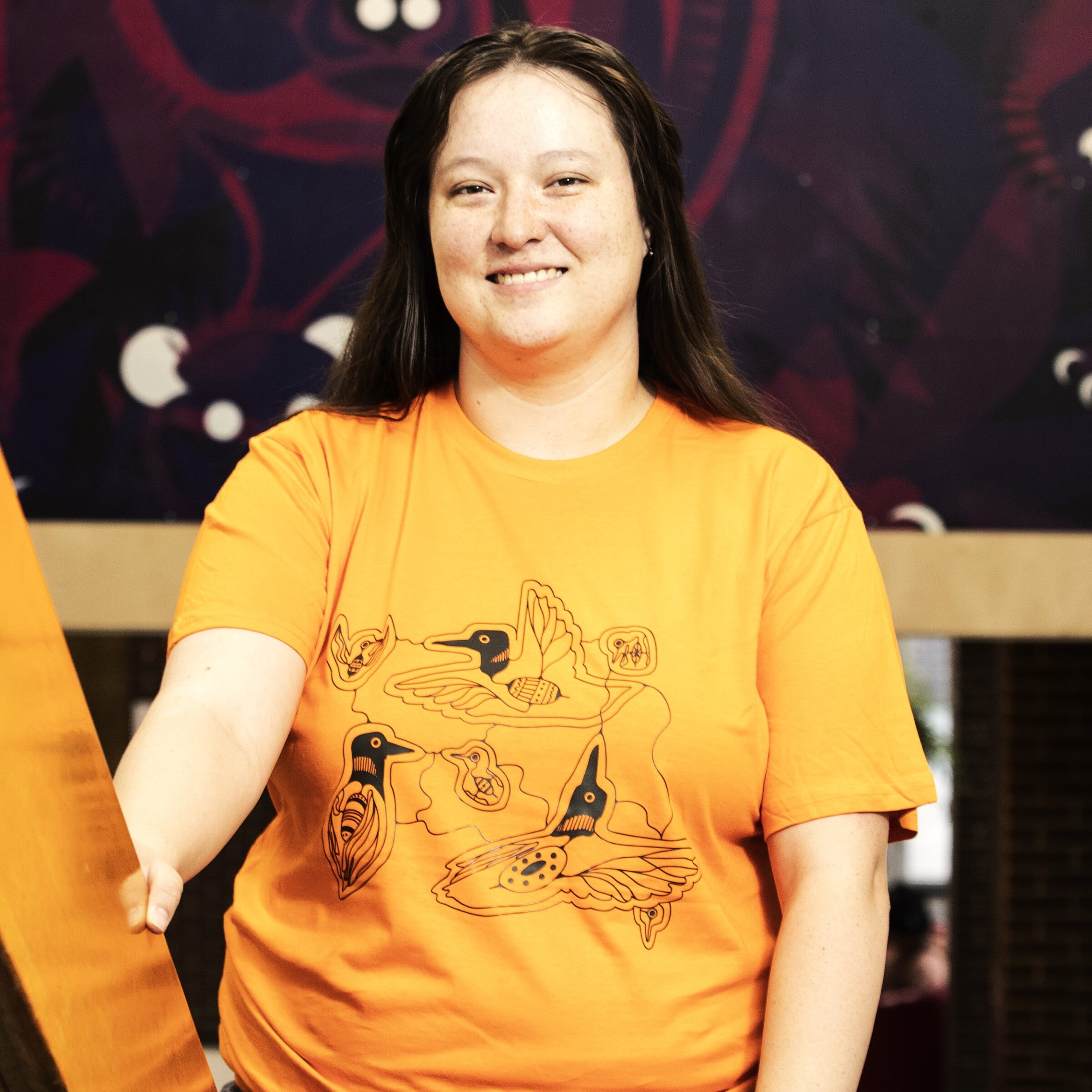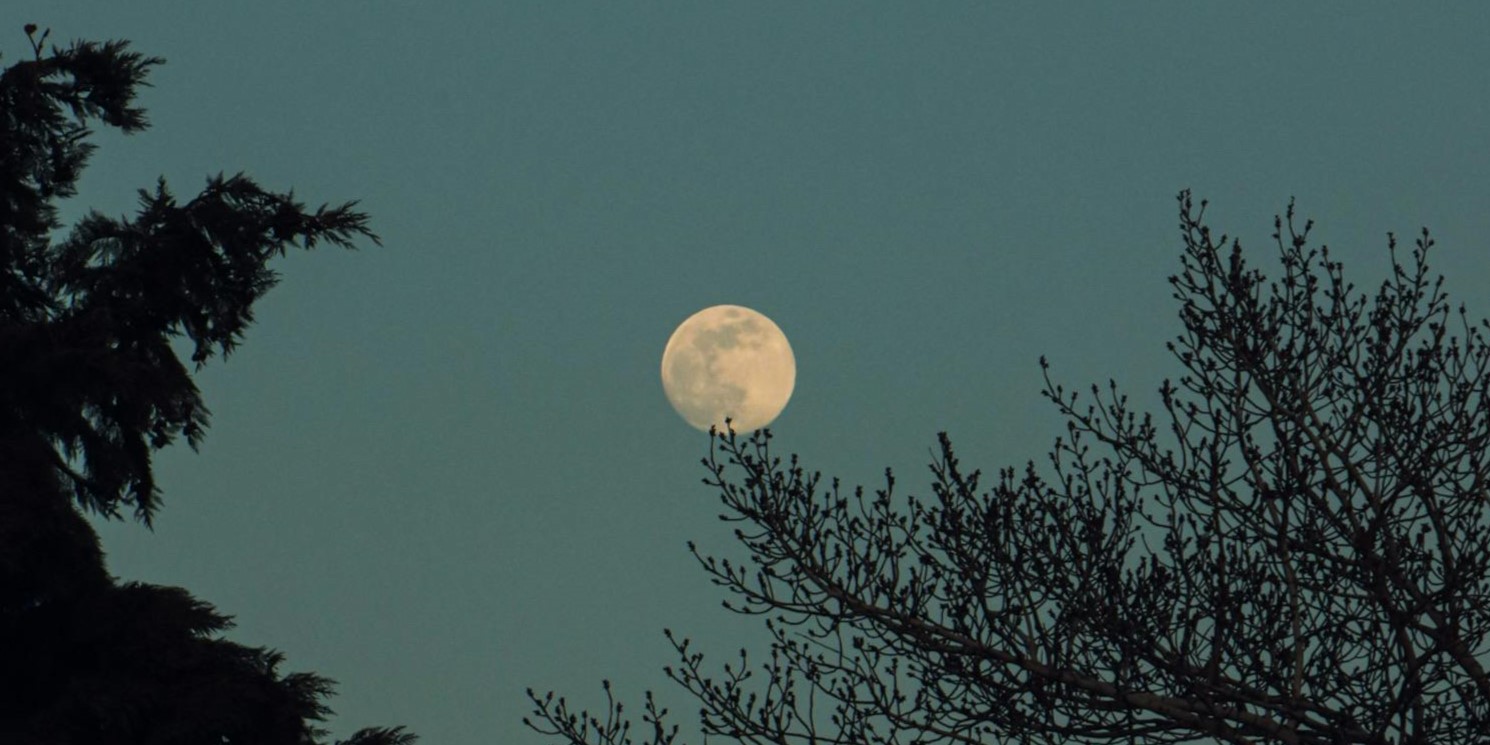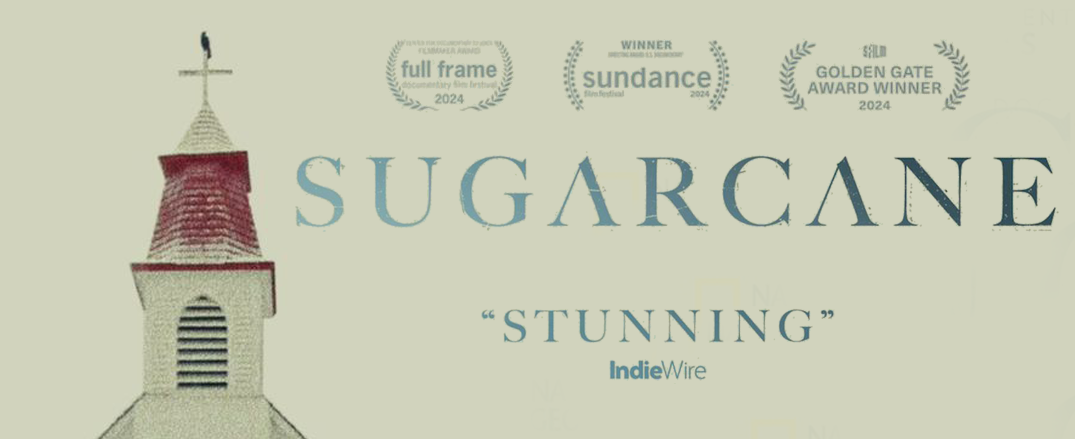Happy National Indigenous Languages Day!
Join us in celebrating the beauty and resilience of Indigenous languages!
Watch our video featuring language instructor Corey Whitford as he shares insights on Indigenous Languages Day, the revitalization of Anishinaabemowin, and ways you can be part of the learning journey.
RRC Polytech is proud to offer Introduction to Anishinaabemowin and Conversational Anishinaabemowin, with tuition generously covered by CWB Financial Group. Don’t miss this opportunity to learn and connect – find more information on the courses and register here.
